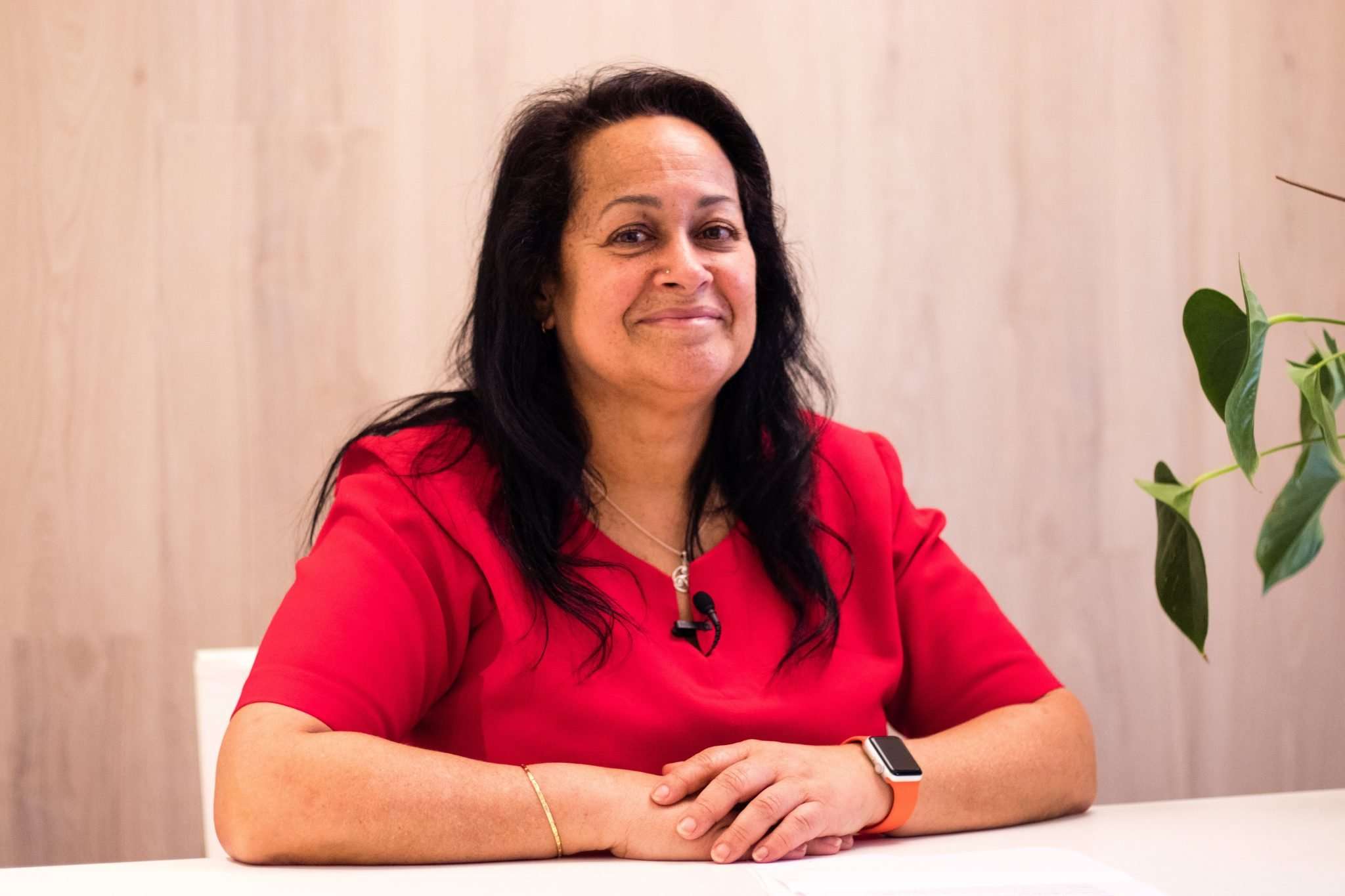blog tambre
How to select a suitable egg or sperm donor? The response of Joyce Harper

Some treatments in assisted reproduction require the use of donor gametes. Sometimes, the couple only needs a sperm or an egg donor. In other occasions, both gametes come from two anonymous donors. Whatever the case may be, the selection of the candidate is often a matter of concern to future parents.
Although this selection is made by a biomedical team applying extremely strict legal and scientific criteria and although it is a routine procedure in assisted reproduction centers, many doubts arise regarding the genetic importance of the donor who provides their egg or sperm. There are about 7000 diseases caused by the alteration of specific genes. Therefore, one of the most asked questions is: Can the donor transmit a genetic disease to my child?
Genetic testing to avoid rare mutations when selecting an egg or sperm donor
Joyce Harper, a professor at the Women’s Health Institute at the University College of London (UCL) with extensive experience in genetics, has spent years trying to reveal existing myths about egg and sperm donation. She does that by providing accurate and updated information about this issue. In this video the prestigious teacher explains the most recent innovative advances in science to find the most suitable egg or sperm donor.
“We all have some kind of abnormality in our genes. The probability that two people have a genetic combination that leads to a disease when conceiving a child is quite low. But when donor gametes are used, we want to be sure that the genetic composition is suitable. For this reason, we perform a test that detects the mutations that can cause diseases in our children by verifying our compatibility of the donor”, says Professor Harper.
These Genetic Compatibility Tests (GCT) are an innovative technique that allows us to minimise the heritage of genetic diseases to our children whether we need a donor or use the couple’s gametes. It consists of a DNA analysis searching for useful genes and genes predisposed to trigger health alterations.
They are a complement to the donor selection tests that are performed by the lab team of fertility centers. Within these tests, the characteristics and phenotypic preferences of the couple (height, eye color, hair, skin, …) and blood group are taken into account. On the base of this first screening a second, more detailed selection is made comparing photos of the donor and recipient. At Fertility Clinic Tambre we rely on Fenomatch®, a system based on big data that allows biologists to identify the donor from the egg or sperm bank whose facial bone structure is most similar to the one of the couple.
